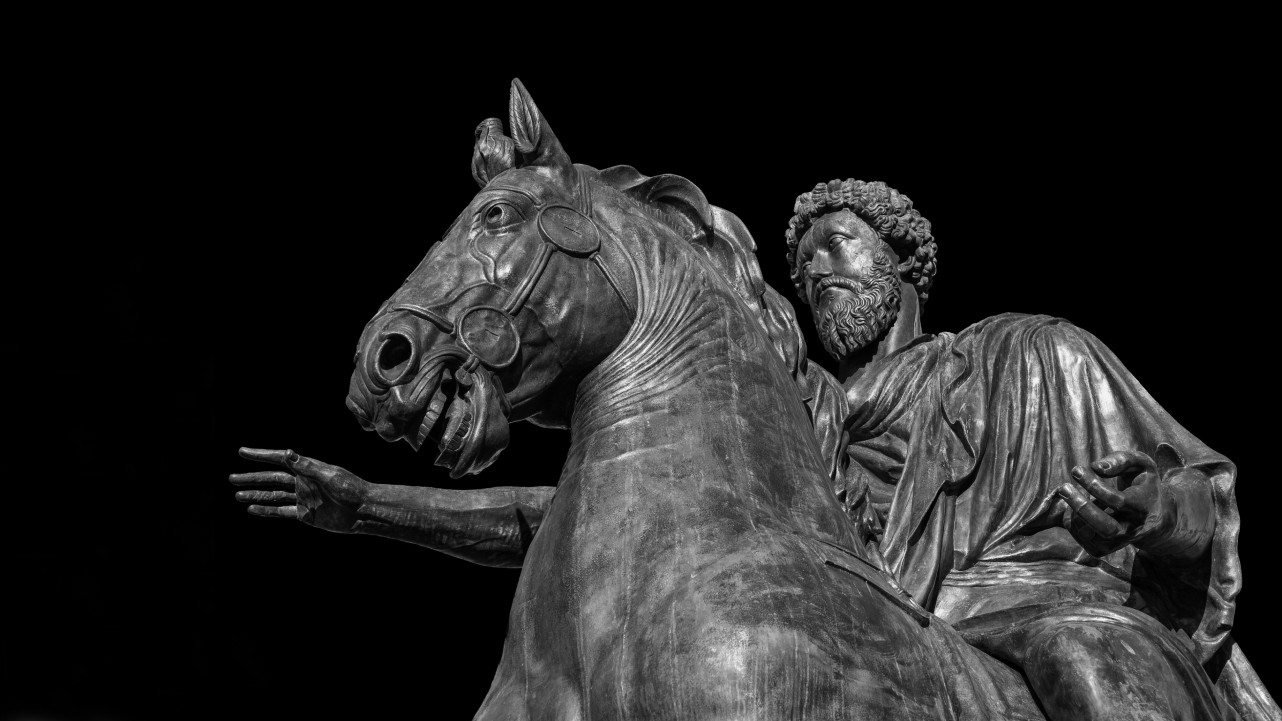Paul Kurtz on What’s Missing from The New Atheism
The philosopher Paul Kurtz has published a new position booklet that addresses much of what I have been arguing is missing–and so deeply troubling–about the New Atheist movement. Below is a press release from the Council for Secular Humanism.
Secular Humanism’s Elder Statesman Responds to “The New Atheism”
Council for Secular Humanism founder and chairman Paul Kurtz has responded to the recent cultural phenomenon known as “The New Atheism” with a position booklet titled “What Is Secular Humanism?”
“The New Atheism” is a term created by a handful of pundits and journalists to describe the recent flood of highly popular best-selling books by the likes of Dawkins, Dennett, Harris, Hitchens, and Stenger–a veritable law firm of men putting belief in God on trial. These books have placed the topic of unbelief–once considered off-limits–front and center in the popular media. A recent Financial Times/Harris Poll shows that when asked if they believed in any form of God or supreme being, 14 percent of Americans said that they are agnostics (i.e., skeptical about the existence of God, though not atheists). Only 4 percent said that they are atheists; added to this, however, are another 6 percent who said “they would prefer not to say” and 3 percent who are “unsure.” These add up to 27 percent of the general population. Compare this to Roman Catholics, who at 26 percent represent the largest single belief group in the United States.
Kurtz views the recent string of books as largely responsible for sparking a renewed and enriched cultural debate. “The ‘atheists with attitude,’ as one writer called them, have been accused of striking a rather strident and discordant tone,” said Kurtz. “But for the secular humanist, it is not so much the stridency of these books that is at issue, as it is what’s missing from these books.” Are there any ethical values and principles that nonreligious individuals can live by? In a time when many have forsaken otherworldly religions, what does human life mean? What is its significance? Kurtz maintains that secular humanism answers these questions in a way that resonates with human aspirations and the findings of science.
The new booklet provides a succinct and engaging overview of the secular-humanist perspective. Kurtz describes the many ways in which secular humanism’s scientific, philosophical, and ethical outlook has exerted a profound influence on civilization from the ancient world to the present. Today, many schools of thought broadly identify with humanist ideas and values. But Kurtz suggests that secular humanism is especially relevant to the needs of our increasingly secular world, because it rejects supernatural explanations of reality and seeks to optimize the fullness of human life in a naturalistic universe. In tune with the most progressive trends of the contemporary world, secular humanism expresses confidence in the power of human beings to solve their problems and conquer uncharted frontiers.
In a recent editorial, published in Free Inquiry magazine (August/September 2007), Kurtz writes that “Secular humanists represent a significant portion of the American public. They comprise tens of millions of people who, though nonreligious, are morally committed. The term nonreligious can be used broadly to refer to those who do not belong to or identify with a denomination or do not claim to believe in God–they may be agnostics, atheists, or skeptics. They look to modern science, literature, philosophy, ethics, and the arts for inspiration rather than the traditional religious ‘sacred texts.’ They are truly modern in their outlook and behavior.”
Kurtz maintains that secular humanism is a bold paradigm, weaving together many historical threads while adding much more that is relevant to our rapidly emerging planetary civilization. In light of the sudden and pervasive interest in the topic of atheism and unbelief, the Center for Inquiry hopes that Kurtz’s new position booklet will bring some much-needed clarification and intelligence to the continuing national discussion surrounding the intersection of religion, science, and unbelief. The booklet was published for the Center for Inquiry by its sister organization, Prometheus Books.




